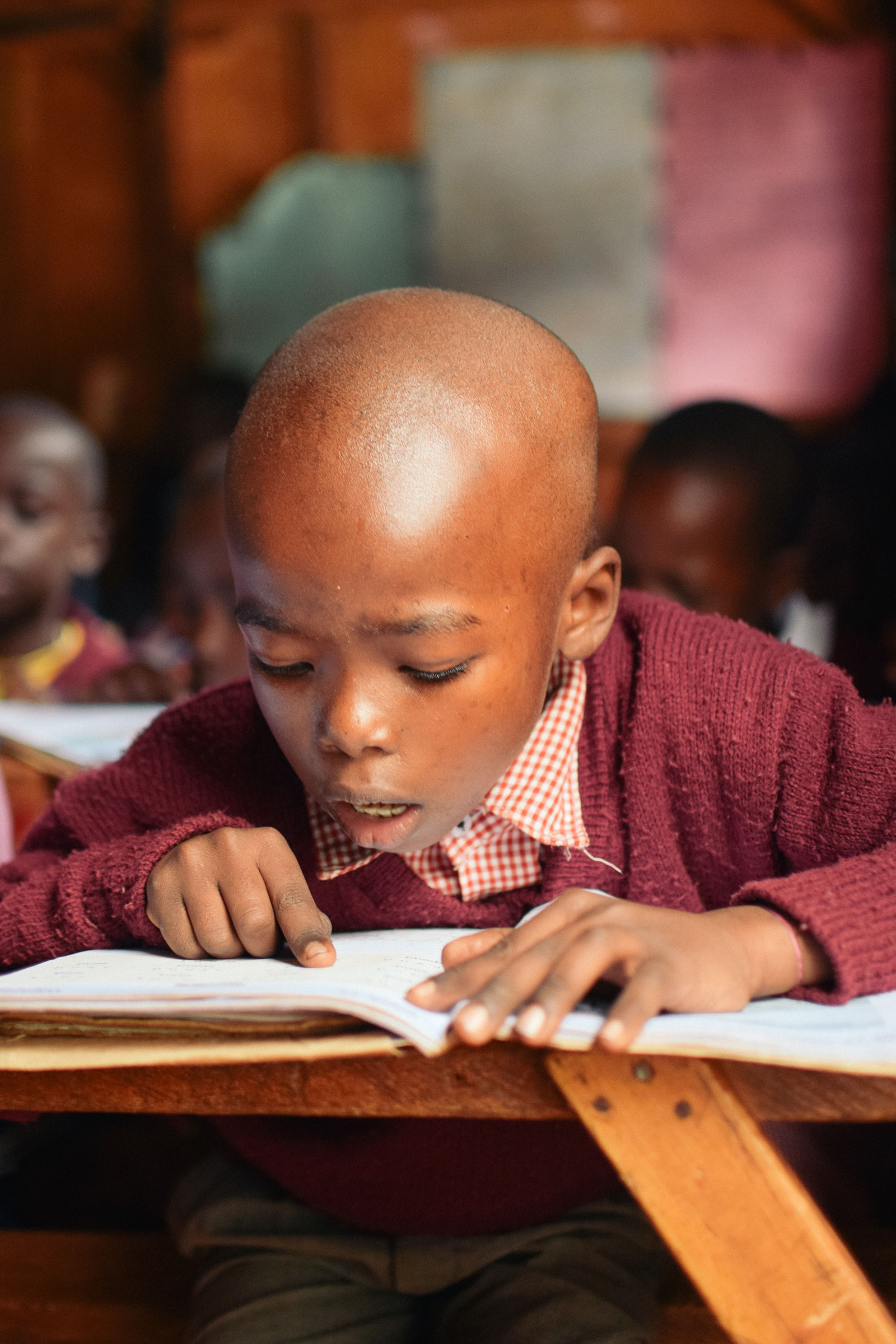In today’s diverse world, embracing neurodiversity has become a crucial aspect of education. Neurodiversity refers to the natural variations in how individuals process information, encompassing a wide range of cognitive differences. However, in under-resourced settings, such as many schools in Kenya, addressing the needs of neurodiverse learners can be a significant challenge.
At Dignitas, we were privileged to be partnered with a team of researchers via the LEAP Challenge 2023, and it was the perfect collaboration through which to explore how we might promote the inclusion and support of neurodiverse children in marginalised communities in Kenya.
Dignitas partners with schools to revolutionise education through innovative programs that focus on instructional leadership, learner engagement, and classroom culture, all aimed at improving outcomes for learners. Recognizing the untapped potential of neurodiverse learners, and inspired by numerous requests from partner schools seeking assistance in supporting students who exhibit differences in social, mental, and emotional behaviour, Dignitas took part in the LEAP challenge with a few to ensure all learners have the opportunity to thrive and succeed. We submitted our application, pitched our idea, and successfully secured a spot to collaborate with a LEAP research team. The project aimed to provide evidence-based resources and training to transform opportunities for the next generation.
The LEAP Project brought together a team of dedicated fellows, each contributing their own unique expertise. Led by Annelise Buzaid (Sr. Director of Research, Rennie Center for Education Research & Policy, US), the team consisted of Katherine McAuliffe (Professor of Psychology at Boston College, US), Laura Marsiaj Ribeiro (Founder and CEO at Curiós, a teacher training social business focused on public education in Brazil), and Patricia Lockwood (Professor of Decision Neuroscience, University of Birmingham, UK). Together, they embarked on a mission to address four key questions related to neurodiverse learners in under-resourced settings.
To lay a strong foundation, the team conducted an extensive literature review. They delved into the definition of neurodiversity, the marginalisation faced by neurodiverse learners, and the prevailing attitudes and perceptions. By understanding the challenges and strengths of neurodiverse learners, the team aimed to pave the way for effective instructional strategies and inclusive practices.
One key question the team focused on was how teachers, school leaders, and supervisors could collaborate to promote the integration of neurodivergent children. Recognizing the power of teamwork, the team highlighted the importance of fostering a collaborative environment where diverse learners thrive. They emphasised the need for open communication, shared goals, and supportive structures to create inclusive classrooms.
In their quest for effective instructional strategies, the team explored various organising frameworks. They uncovered innovative approaches that catered to the diverse needs of all learners, including neurodivergent children. From personalised learning techniques to differentiated instruction, they illuminate pathways to empower educators and unlock the potential of every student.
Recognizing the pivotal role of teachers and school leaders, the team developed a competency framework. This framework outlined four key competencies necessary for enacting inclusive educational practices. By equipping educators with the right skills and knowledge, the framework aimed to create a supportive and empowering learning environment for neurodiverse learners.
After a 12-week sprint, the team, in close collaboration with Dignitas, unveiled their deliverables. The literature review, accompanied by concise learning briefs, provided actionable insights and practical recommendations.
Learning Brief 1 – School-based Collaboration – Promoting Integration of Neuro-diverse Learners
Learning Brief 2 – Instructional Strategies for Inclusion – Focus on Neurodiverse Learners
Dignitas intends to utilise these deliverables to enhance its evidence-based approach and extend its impact on schools across Kenya. By sharing these resources more widely, they aim to contribute to the field at large, making a lasting difference in the lives of neurodiverse learners. We will begin by developing and piloting a toolkit tailored for our partner schools. As we secure additional time and funding, our next step will be to design a comprehensive training and coaching program specifically for instructional leaders and teachers.
In Conclusion, in partnership with the LEAP fellows, we embarked on a remarkable journey, shedding light on the importance of embracing neurodiversity in education. Through their rigorous research, the fellowship team and Dignitas have paved the way for inclusive practices that unlock the potential of every learner. By promoting collaboration, implementing effective strategies, and empowering educators, they are shaping a future where all children can thrive, regardless of their cognitive differences. Together, let us embrace neurodiversity and create a world where every learner can soar to new heights.

